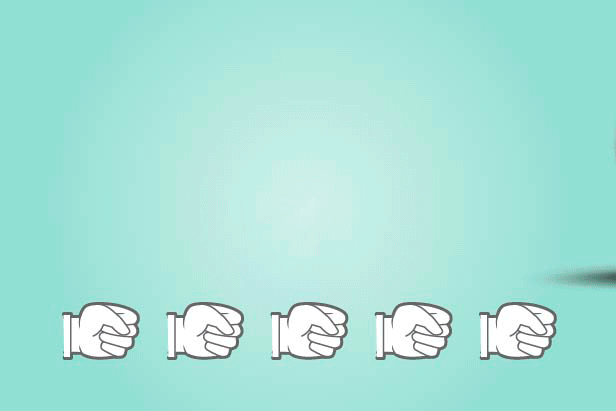Welcome to Should I Eat This?—our weekly poll of five experts who answer nutrition questions that gnaw at you.

4/5 experts say no.
Coconut water—salty, sweet, translucent—gets many health freaks amped up. Electrolytes! Potassium! A natural hangover cure! But it also sets 4/5 experts’ eyes a’rolling.
“I’d rather spend my money on natural foods and not an expensive, over-hyped fluid,” says Nancy Clark, a registered dietitian and sports nutrition counselor. “It is a good source of potassium, but so are bananas and potatoes. ”
In fact, manufacturers do love to claim that coconut water packs as much potassium as a whole banana. It also has as much sugar as a banana—even an unsweetened version can run you 15 grams of sugar per bottle. But it packs none of the fiber the fruit does.
Coconut water is famous for nutritional posturing. Tod Cooperman, MD, president of the independent tester of health products ConsumerLab.com, conducted a study on coconut water in 2011. Most of the products it tested failed to meet their mineral claims and came up short on sodium and magnesium—two of coconut water’s heralded electrolytes. “While it’s certainly safe to drink coconut water, it’s been overhyped and even mislabeled,” Cooperman says. “If you plan on using it for mild hydration, it’s fine. But if you are doing prolonged physical exercise, you are losing sodium (not potassium) in your sweat, and coconut water is not a good source of sodium.”
The findings were used in a class-action lawsuit against Vita Coco in 2012 for exaggerating its nutritional claims with words like “super hydrating,” “nutrient-packed” and “mega-electrolyte.” The company agreed to a $10 million settlement.
Even so, the health halo of cocoH2O hasn’t gone away. Though it’s healthier than a regular neon-colored sports drink and does pack an impressive amount of potassium, “drinking one to two boxes of coconut water a day could lead to an increased intake of 60 to 120 calories a day, more for flavored waters or larger sizes, which adds up, particularly if one is trying to lose weight,” says Maya Rao, MD, a nephrologist at Columbia University. Both she and Jennifer Koslo, PhD, a registered dietitian and specialist in sports dietetics, recommend plain, boring, unhyped water for the average person. A 2012 study—which Vita Coco funded—found little difference in the hydration or performance of men after they worked out and drank bottled water, coconut water or a sports drink.
But before you totally cast aside the tropical fruit juice, Kristin Kirkpatrick, registered dietitian and manager of wellness nutrition services at Cleveland Clinic’s Wellness Institute, rushed to the liquid darling’s defense. If you’re looking for a break from regular water, it’s a much better choice than a sports drink loaded with excessive sugar, she says. And athletes aren’t the only ones who could use some extra potassium: “Individuals that may be struggling to get enough fruits and vegetables (major sources of potassium) in their diets” can benefit as well, she says. “Potassium may help to ward off stroke and early death in women, according to a 2014 study in the journal Stroke, and decreased potassium levels may be linked to a higher incidence of blood pressure.”
So should you drink coconut water? If you like your bananas unpeeled, de-fibered and super-expensive, this drink is for you. But free and boring water, plus a cheap piece of fruit, appears to work just as well.
Read next: Should I Eat Cheese?
More Must-Reads from TIME
- Why Trump’s Message Worked on Latino Men
- What Trump’s Win Could Mean for Housing
- The 100 Must-Read Books of 2024
- Sleep Doctors Share the 1 Tip That’s Changed Their Lives
- Column: Let’s Bring Back Romance
- What It’s Like to Have Long COVID As a Kid
- FX’s Say Nothing Is the Must-Watch Political Thriller of 2024
- Merle Bombardieri Is Helping People Make the Baby Decision
Write to Mandy Oaklander at mandy.oaklander@time.com